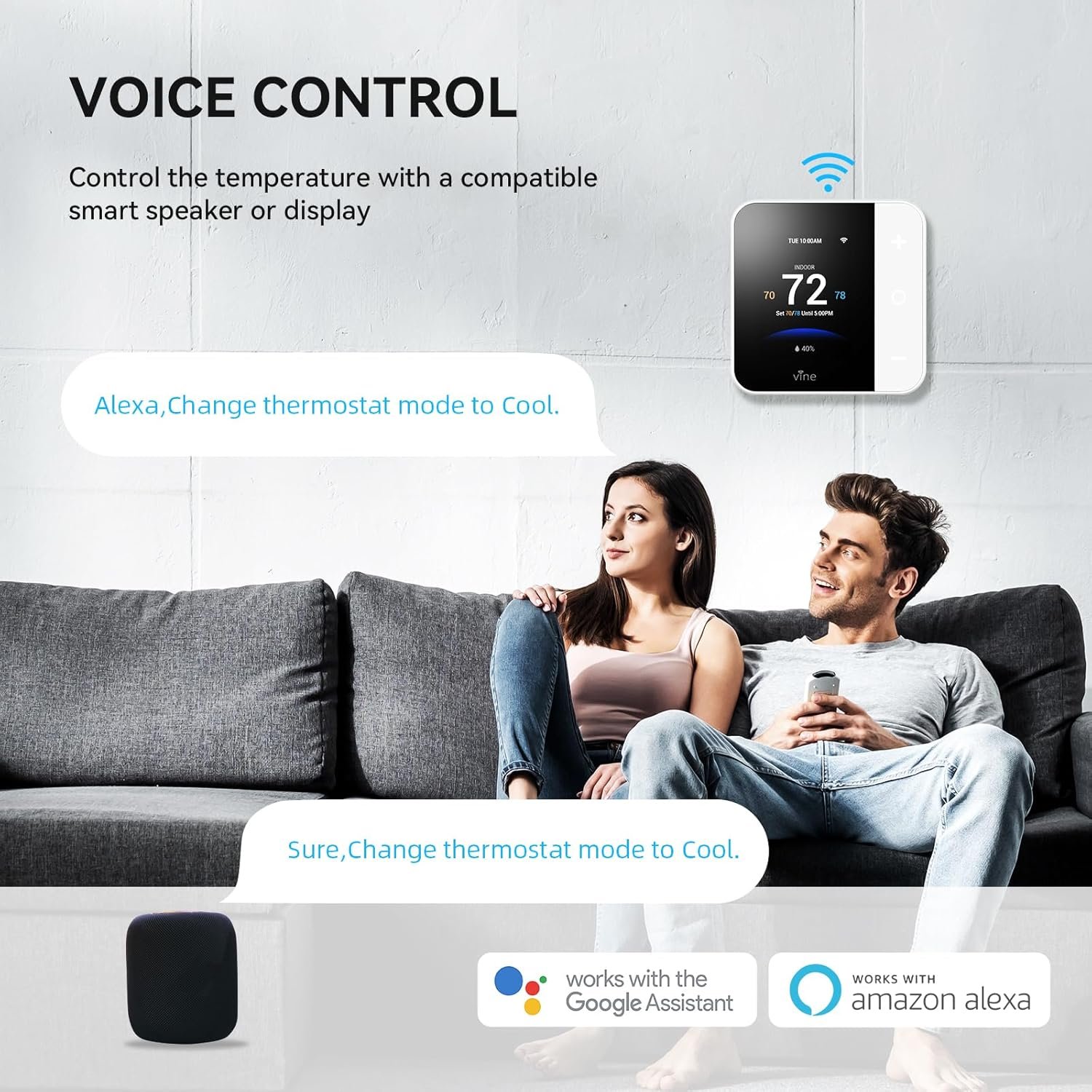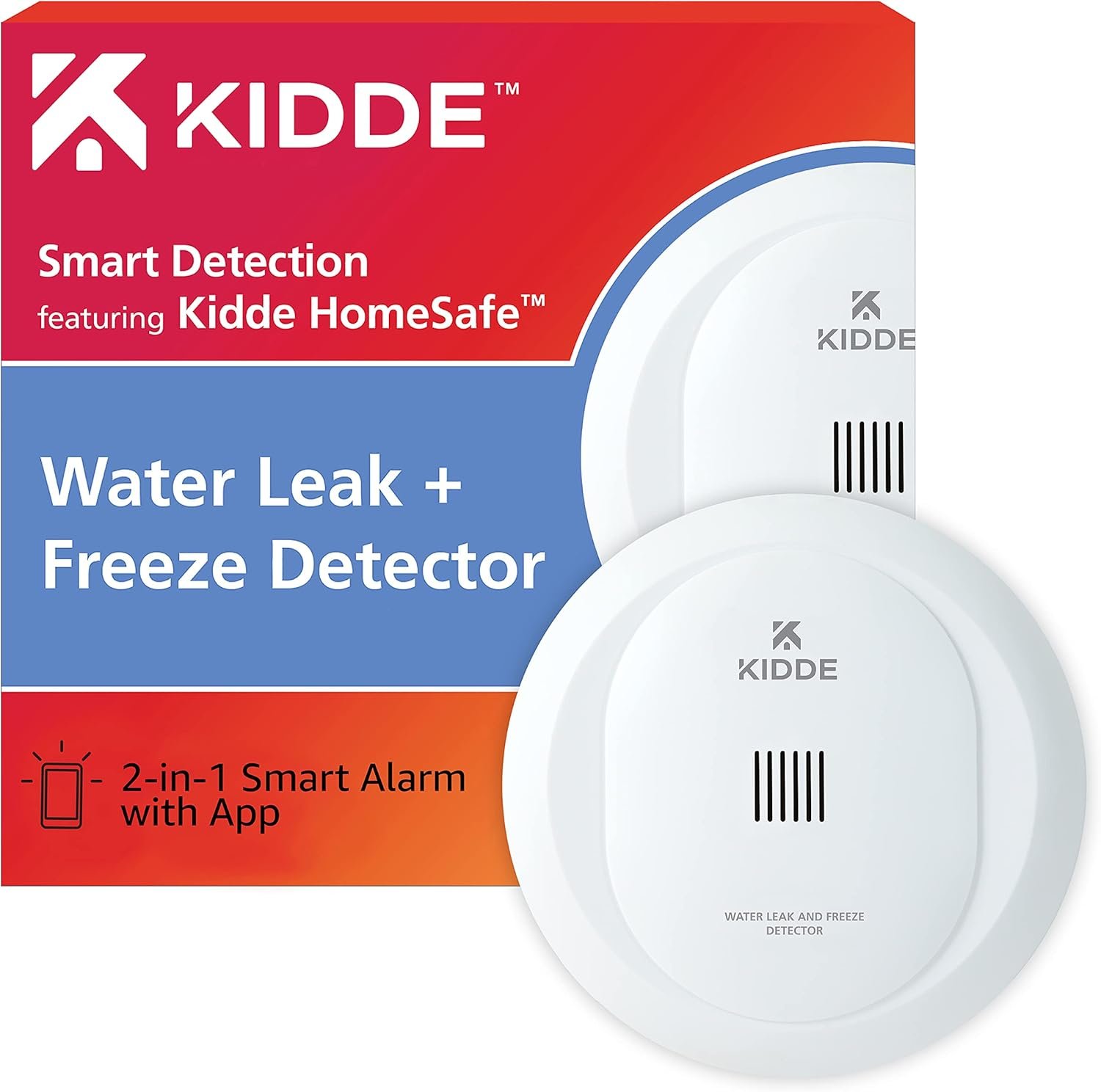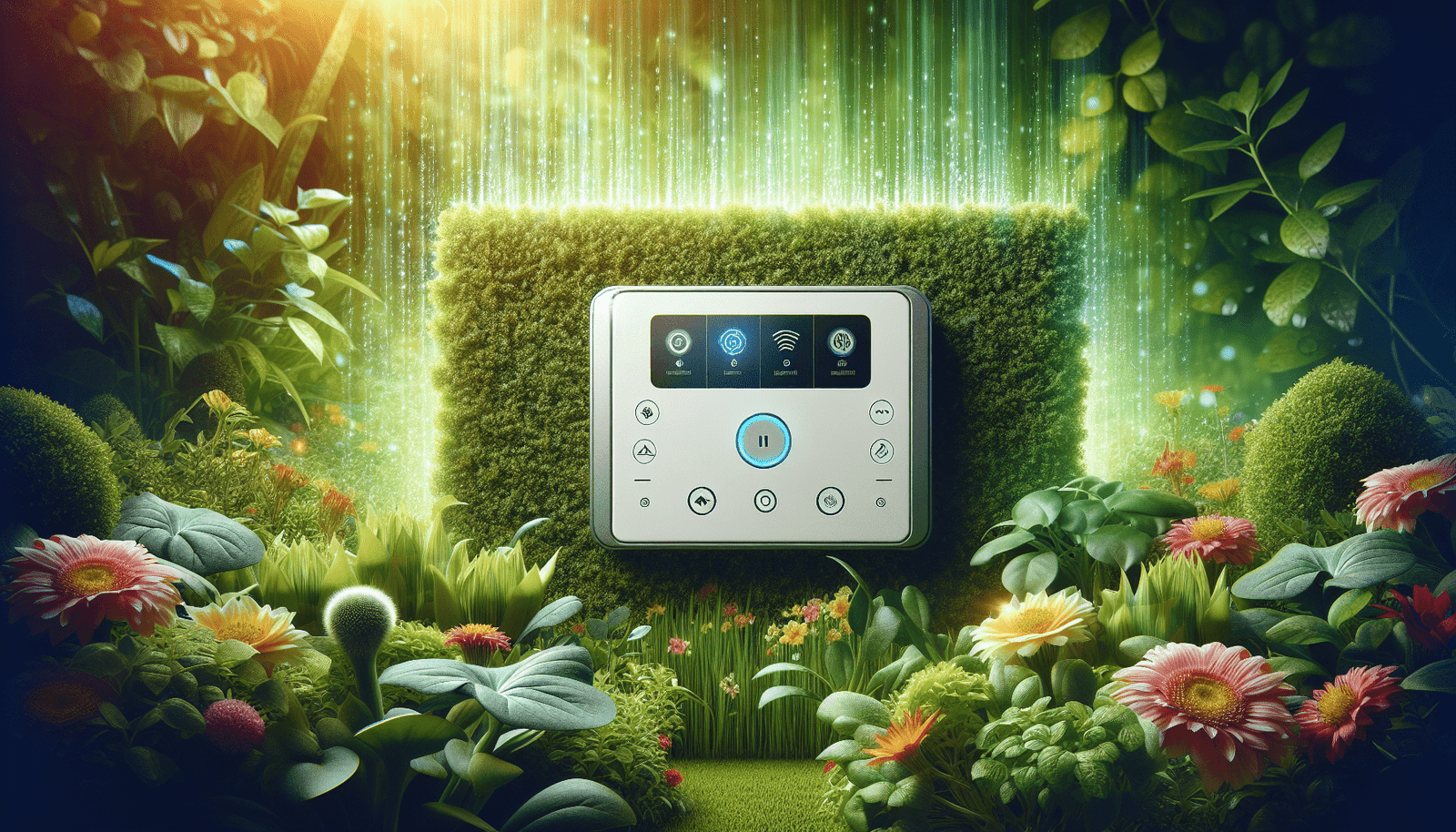Have you ever wondered if a robot vacuum can truly replace the traditional vacuum cleaner in your home? As you venture into the world of automated cleaning solutions, you’re not alone. Many are on the fence about whether these high-tech devices can match the thoroughness and efficiency of their manual counterparts. Let’s unravel the mysteries behind robot vacuums and discover whether they can stand toe-to-toe with conventional vacuums.
Understanding Robot Vacuums
Robot vacuums, often referred to as smart vacuums, are compact, automated devices designed to clean your floors with minimal human intervention. They’re equipped with an array of sensors, brushes, and sometimes cameras, enabling them to navigate around your home and facilitate a hands-free cleaning experience.
How Do They Work?
At the heart of every robot vacuum is a combination of technology and ingenuity. Utilizing sensors to map out your living space, they’re adept at avoiding obstacles and efficiently covering the entire floor area. Many models have smart connectivity features, allowing you to control them via a smartphone app, and are programmed to return to a docking station to recharge when their battery is low.
Key Features to Look For
When contemplating a robot vacuum, you might prioritize certain features that align with your home’s needs. Some essential features include:
- Suction Power: The strength with which a vacuum can pull in debris, dust, and other unwanted materials.
- Battery Life: Determines how long the vacuum can operate before needing a recharge.
- Navigation Technology: Advanced models use mapping technology to clean more efficiently.
- Bin Capacity: The size of the debris box; larger capacities mean less frequent emptying.
- Smart Home Integration: Models that sync with your smart home ecosystem for more effortless operation.
Can a Robot Vacuum Handle Pet Hair?
As a pet owner, tackling pet hair can be an ongoing battle. Robot vacuums are particularly appealing for their promise of maintaining a pet-friendly environment.
Effectiveness for Pet Owners
Many robot vacuums come with specialized brushes and increased suction specifically designed to tackle pet hair. These models can navigate different types of flooring — from carpets to hardwood. However, consider models that feature tangle-free rollers to avoid frequent maintenance.
Tips for Optimal Performance
To maximize the efficiency of a robot vacuum in a home with pets, adhere to these suggestions:
- Routine Cleaning: Schedule regular cleaning intervals to prevent hair buildup.
- Maintenance: Regularly clean the brushes and check the pet hair collection mechanisms to ensure optimal performance.
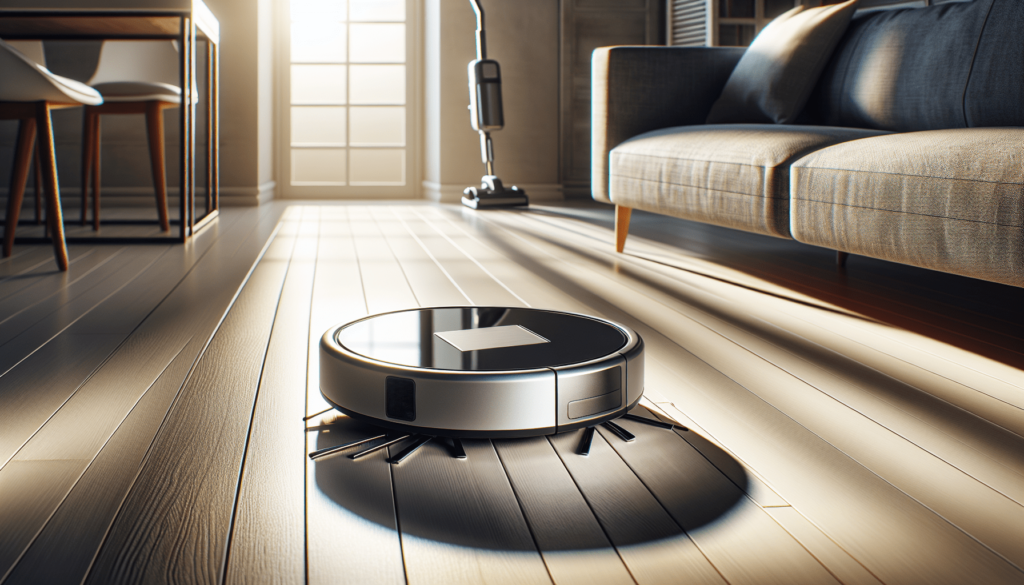
Robot Vacuums for Allergy Sufferers
If you suffer from allergies, you’re probably familiar with the struggle to keep dust and allergens in check. Robot vacuums can play a crucial role in maintaining a healthier home environment.
Managing Dust and Allergens
Equipped with HEPA filters, many robot vacuums can capture allergens and small dust particles, enhancing the air quality in your living spaces. Operating a robot vacuum frequently can help reduce overall exposure to allergens like dust mites and pet dander.
Things to Consider
When choosing a vacuum, look for models that highlight these features:
- HEPA Filtration: Essential for trapping microscopic particles.
- Automated Scheduling: Ensures regular maintenance of allergy-prone areas.
- Quiet Operation: Facilitates continuous cleaning without disturbing home life.
Is a Robot Vacuum Cost-Effective?
The financial investment in a robot vacuum can be significant, leading many to question whether it’s worth the cost. For price-conscious buyers, it’s essential to evaluate the long-term benefits versus initial expenditure.
Budgeting for a Robot Vacuum
While some high-end models can be expensive, a range of devices fit different price points. When considering the cost, factor in durability, brand reputation, and additional features that align with your budget.
Long-term Savings and Benefits
Investing in a robot vacuum can potentially save time, reduce wear-and-tear costs on other cleaning equipment, and free up your schedule for other tasks. The convenience factor, paired with the reduction in cleaning labor, often balances out the initial investment over time.
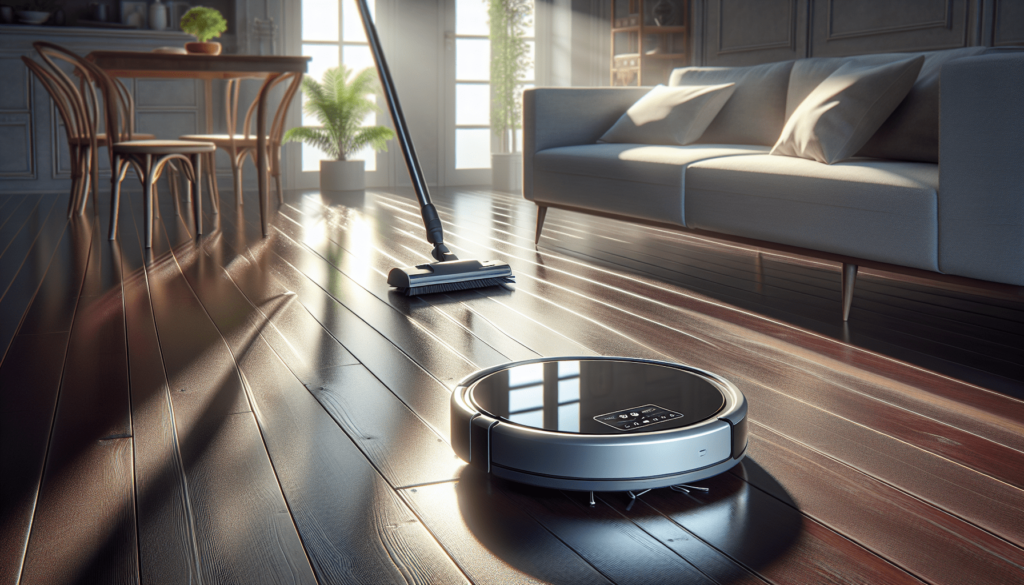
Comparing Robot Vacuums to Traditional Vacuums
The debate of whether a robot vacuum can replace a standard vacuum largely depends on your specific cleaning needs and home environment.
Pros and Cons Chart
To better understand the strengths and limitations, consider the following comparison:
| Feature | Robot Vacuum | Traditional Vacuum |
|---|---|---|
| Ease of Use | Automated, simple start via app | Manual operation |
| Thoroughness | Efficient on hard surfaces; struggles with deep carpet | Deep cleaning prowess, excels on carpets |
| Energy Efficiency | Consumes less energy by avoiding unused areas | Higher energy consumption |
| Noise Levels | Operates quietly, ideal for busy households | Can be loud and intrusive |
| Size and Storage | Compact, easy to store | May require dedicated storage space |
| Initial Cost | Higher upfront cost with long-term savings | Typically lower initial cost |
| Maintenance | Require routine cleaning of components | Routine maintenance of bags and filters |
Making the Right Choice
Ultimately, your choice might vary based on individual needs. If your priority is convenience, connectivity, and regular cleaning, a robot vacuum can complement your cleaning routine. However, for deep, thorough cleanings on heavier carpets or larger debris, a traditional vacuum might still be necessary occasionally.
Troubleshooting Common Robot Vacuum Issues
Investing in a robot vacuum should lead to seamless cleaning experiences, but difficulties may arise. Knowledge of basic troubleshooting can assist in addressing common issues effectively.
Addressing Battery Challenges
If your robot vacuum isn’t charging correctly or running for a reduced timeframe, the following tips might help:
- Ensure the docking station is plugged in and not obstructed.
- Regularly clean the charging contacts on the vacuum and dock.
- Consider replacing the battery if outdated or defective.
Navigation and Cleaning Problems
Is your robot vacuum struggling to navigate or missing areas? Here are some steps that might help:
- Check if the sensors are clean and unobstructed.
- Ensure that mapping technology is enabled and updated if applicable.
- Reconfigure virtual boundaries if the vacuum continues to enter restricted zones.
Robot Vacuums and Mobility Considerations
The convenience of a robot vacuum extends beyond time-saving attributes to accessibility aspects, particularly beneficial for elderly individuals or those with mobility limitations.
Enhancing Ease of Cleaning for Mobility Issues
Robot vacuums reduce the physical burden of traditional cleaning significantly. With programming capabilities, they automate the cleaning process, freeing users from arduous tasks that involve bending or lifting.
Important Considerations for Accessibility
While these vacuums offer independent cleaning benefits, keep in mind:
- User-Friendly Controls: Opt for models with easy control interfaces or voice assistance for enhanced usability.
- Routine Maintenance: They still require regular component checks, which might need manual intervention.
Final Thoughts: Can a Robot Vacuum Replace a Normal Vacuum?
Given all you’ve learned, whether a robot vacuum can entirely replace a traditional vacuum depends on various factors like house size, flooring types, and cleaning needs. They’re an excellent technological advancement that offers a practical solution for routine maintenance, particularly in busy or tech-savvy households. However, a traditional vacuum might still have its place for intensive, comprehensive cleanings.
As you continue evaluating your needs, consider how each vacuum’s features align with your lifestyle. Robot vacuums shine in maintaining cleanliness, but they might best complement rather than replace your traditional vacuum, at least for now. As technology continues to evolve, who knows what future advancements might bring? Until then, finding the right balance between robotic assistance and classic cleaning methods is key to maintaining a pristine home environment.

